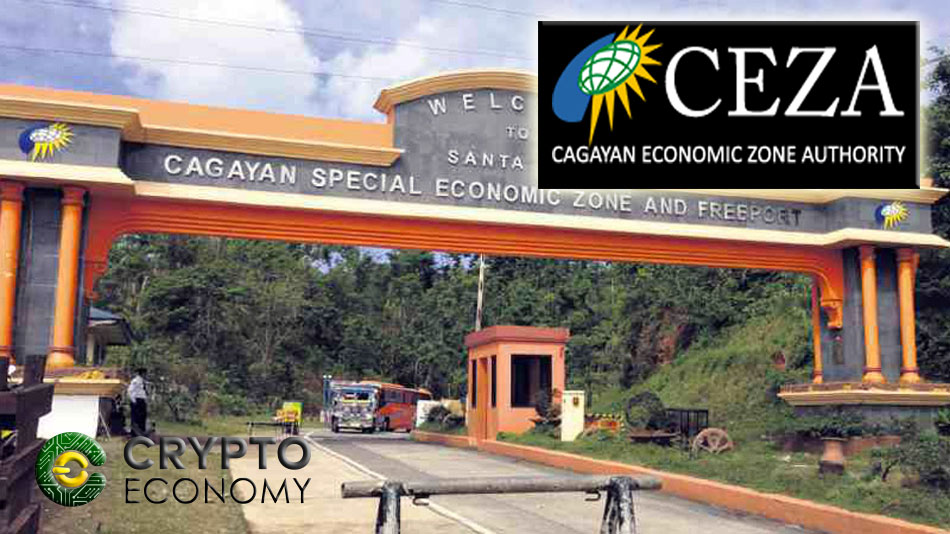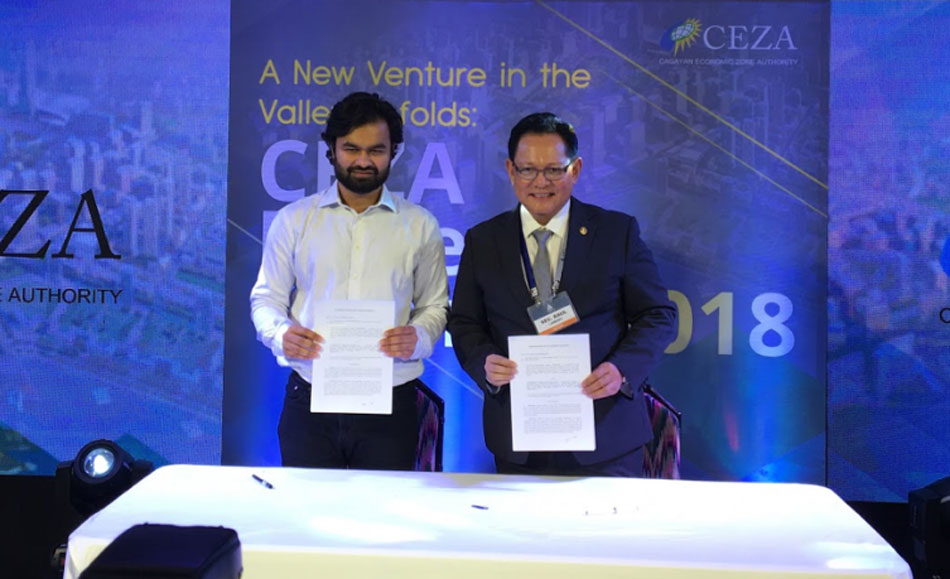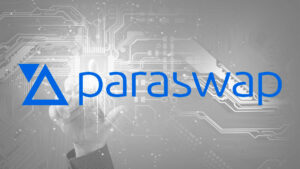Three cryptocurrency exchanges have finally managed to obtain licenses from the Cagayan Economic Zone Authority (CEZA), reported the Manilla Times on Wednesday, 10th of July. The Philippines based authority expects a positive outcome following the development as it has the potential to be a magnet of over 3 million dollars’ worth of investments in the near and foreseeable future.
CEZA is a special corporation owned and controlled by the Philippines government and is tasked with managing and overseeing the development and advancement of the Cagayan Special Economic Zone and Freeport. The corporation was created and endorsed in 1995 through the introduction mandating of the Cagayan Special Economic Zone Act by the then president Fidel V Ramos. The Cagayan Special Economic Zone is considered a region with the potential for self-sustenance in the commercial, industrial and financial sectors and has the ability to attract local and international investors, that would help to create substantial developmental opportunities within and the surrounding rural areas.
Earlier in this year, the Philippine government confirmed that it will open doors for ten blockchain and cryptocurrency companies to establish themselves in the region with the hope of creating more job opportunities and enhancing the overall economy. The CEZA, being the regulatory authority in the region, has placed rules and guidelines for cryptocurrency exchanges hoping to operate in the region. The authority requires the entities to have a contribution of no less than 1 million dollars in a period of 2 years on top of a license fee of 100, 000 dollars. One of CEZA’S senior administrators, Raymundo T. Roquero elaborated:
”When they apply, they will pay an application fee of $100,000 (P5.35 million) [and a] license fee of $100,000. Then you go into probity checks, then application programming integration (API), which costs an additional $100,000.”
The official granting of the licenses was done in Pasay City, last Tuesday. In the thick of the proceedings, Roquero reportedly confirmed that one of the exchanges was based in Thailand whereas two of them are Hong Kong based. Roquero also confirmed that other companies such as GMQ had gone through the application process, have been granted the stamp of approval and the list is yet to be released. In the words of Roquero:
”GMQ intends to build [its] infrastructure in Sta. Ana, Cagayan…and will have an incubation period of two years, so they are already allowed to operate here in Manila.”
The terms also highlight that licenses are supposed to be renewed annually while the fee is considered to be ”non-refundable.” CEZA and the Manilla times further revealed that over 10 Cryptocurrency companies have had their applications processed and attributes the rise in investor interest to the regions ability to address regulatory challenges effectively through the well-defined registration process.
On a larger scale, it looks like Philippines at large is taking huge strides in embracing Cryptocurrency as this is not the countries first notable move to incorporate Cryptocurrency exchanges. Earlier this month the global community saw the Philippine Central Bank approve and embrace Virtual Currency Philippines along with ETranss as legitimate Cryptocurrency business entities.










